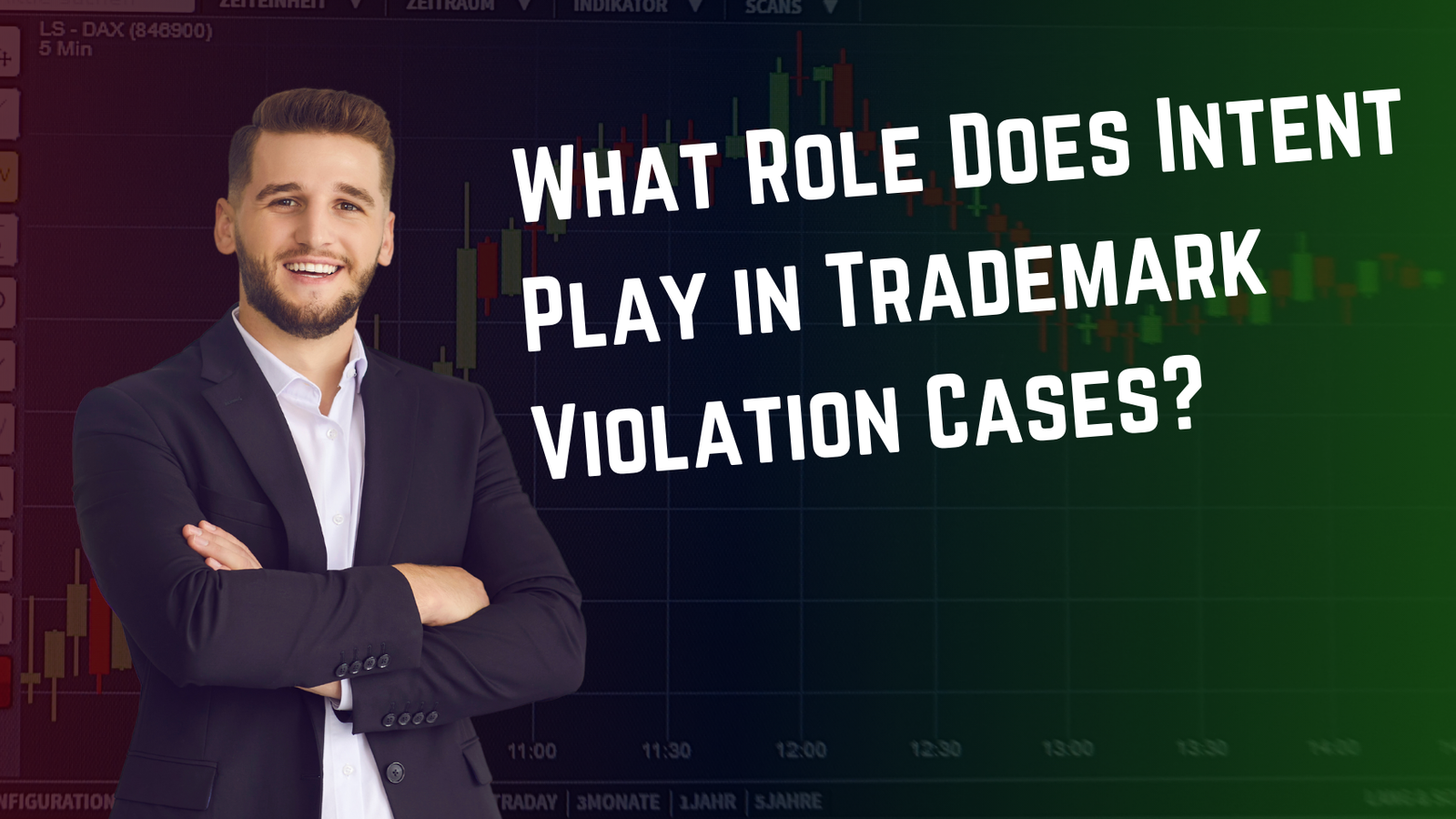Trademark law exists to protect the unique identity of a brand, ensuring its name, logo, or symbol is exclusively associated with its products or services. Trademark violations can have serious consequences, but intent plays a significant role in determining the outcome of these cases. Whether the violation was intentional or accidental can influence the penalties and remedies granted by the courts. This guest post explores how intent shapes the resolution of trademark violation cases, with a focus on the legal landscape in Malaysia, including the importance of Trademark Renewal Malaysia and protecting Trademark Rights Malaysia.
Understanding Trademark Violations
A trademark violation occurs when a registered trademark is used without the owner’s consent in a way that causes confusion among consumers. Examples include counterfeit goods, using a similar logo or name, or misrepresenting a product as being affiliated with a well-known brand. These actions can undermine the trademark owner’s reputation and business, leading to legal disputes.
In Malaysia, trademark violations are governed by the Trademarks Act 2019, which provides the framework for registering, renewing, and enforcing trademark rights. It also outlines the penalties for infringers, with provisions for both civil and criminal consequences. However, the violator’s intent often influences the severity of these penalties.
The Role of Intent in Trademark Violation Cases
Intent is a crucial factor in trademark violation cases, as it reflects the state of mind of the alleged infringer. Courts often examine whether the violation was deliberate or unintentional when determining liability and imposing penalties. Here’s how intent plays a role:
1. Deliberate or Willful Violations
When an individual or business knowingly infringes on a trademark, the courts view this as a deliberate or willful violation. Examples include counterfeiting products, using a famous logo to mislead customers, or attempting to benefit from another brand’s reputation.
Consequences of Willful Violations:
- Higher Damages: Courts are more likely to award higher damages to the trademark owner to deter future infringements.
- Punitive Damages: In cases of blatant misconduct, punitive damages may be imposed to penalize the violator.
- Criminal Charges: Willful violations involving counterfeit goods can result in criminal penalties, including hefty fines and imprisonment under Malaysian law.
2. Accidental Violations
Not all trademark violations are intentional. In some cases, businesses may unknowingly use a similar name, design, or logo without realizing it infringes on an existing trademark. For example, a startup might adopt a name that unintentionally resembles a registered trademark due to inadequate research.
Consequences of Accidental Violations:
- Injunctions: Courts may issue an order to stop using the infringing trademark.
- Reduced Damages: If the violation was unintentional, the courts might award lower damages, considering the absence of malice.
- Opportunity for Resolution: Trademark owners might opt for mediation or settlements to resolve disputes amicably in cases of accidental infringement.
Trademark Rights in Malaysia and the Role of Intent
In Malaysia, trademark rights are established through registration with the Intellectual Property Corporation of Malaysia (MyIPO). Once registered, the trademark owner has exclusive rights to use the mark and prevent unauthorized usage. However, maintaining these rights requires periodic renewal. Trademark Renewal Malaysia ensures that trademarks remain valid and protected under the law.
For businesses accused of infringement, the burden often falls on the plaintiff (trademark owner) to prove intent. However, the accused can present evidence to demonstrate that the violation was unintentional, potentially mitigating penalties. This underscores the importance of maintaining clear and accurate documentation of branding efforts, market research, and trademark registration.
Best Practices for Avoiding Trademark Violations
Whether you’re a small business owner or a multinational corporation, taking proactive measures to avoid trademark violations is critical. Here are some best practices:
1. Conduct Thorough Trademark Searches
Before launching a brand, conduct a comprehensive trademark search to ensure your intended name, logo, or design doesn’t conflict with existing trademarks. This step is essential for avoiding unintentional violations.
2. Register Your Trademark
Registering your trademark with MyIPO grants you exclusive rights and legal protection. It’s a vital step for safeguarding your brand in Malaysia and ensuring you can enforce your rights in case of infringement.
3. Renew Your Trademark
Trademark rights in Malaysia last for 10 years but can be renewed indefinitely. Trademark Renewal Malaysia ensures your trademark remains protected, preventing lapses that could expose your brand to infringement.
4. Monitor for Potential Infringements
Regularly monitor the market for unauthorized usage of your trademark. Early detection allows you to address potential violations before they escalate.
5. Educate Your Team
Train your marketing, design, and legal teams on the importance of trademark rights. Ensure they understand how to avoid unintentional violations and protect the brand’s integrity.
6. Seek Expert Guidance
Services like Exyip provide expert assistance in trademark registration, renewal, and dispute resolution. Partnering with a trusted provider ensures you stay compliant with trademark laws and avoid costly mistakes.
The Role of Exyip in Trademark Protection
In the ever-changing landscape of trademark law, navigating complex regulations can be challenging. This is where experts like Exyip come into play. Exyip offers comprehensive trademark services, including registration, renewal, and legal support for businesses in Malaysia. Their expertise helps businesses safeguard their Trademark Rights Malaysia and avoid both intentional and accidental violations.
Exyip also provides valuable insights into maintaining compliance, conducting thorough trademark searches, and ensuring timely renewals. By leveraging their services, businesses can focus on growth while staying protected under the law.
Conclusion
Intent plays a pivotal role in determining the outcome of trademark violation cases. Courts consider whether the violation was willful or accidental when deciding on penalties, with deliberate infringements often resulting in harsher consequences. For businesses in Malaysia, understanding trademark rights and taking proactive measures—such as registration, renewal, and seeking expert guidance—is crucial for avoiding violations.
With the support of professionals like Exyip and a clear commitment to protecting your trademarks, you can safeguard your brand’s identity and reputation. Whether it’s through Trademark Renewal Malaysia or comprehensive trademark protection strategies, investing in your intellectual property ensures your business thrives in a competitive market.












Leave a Reply